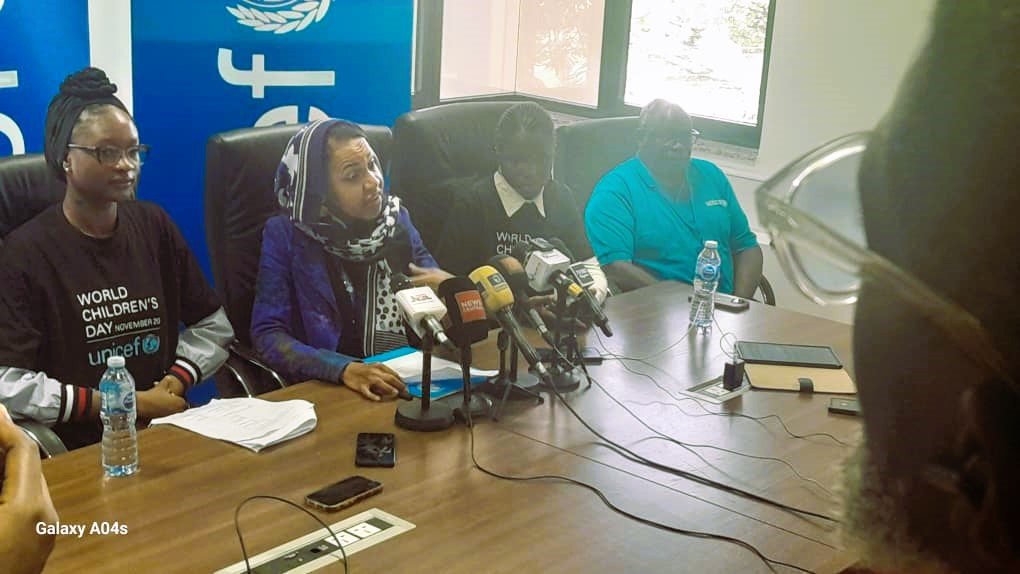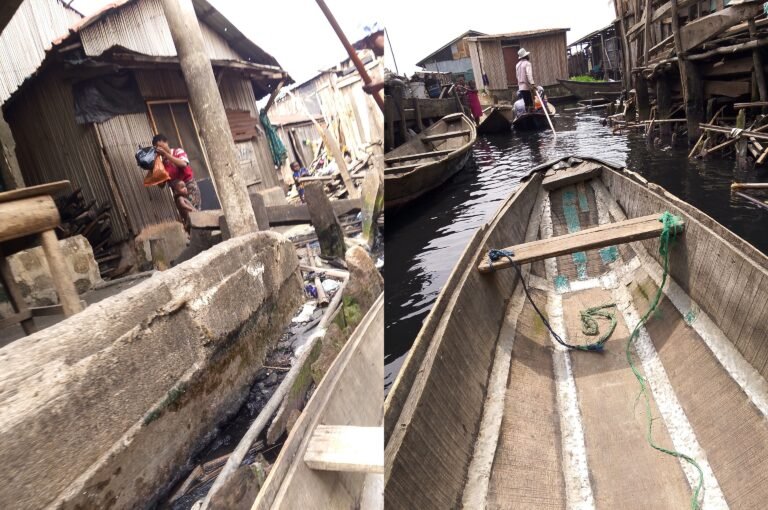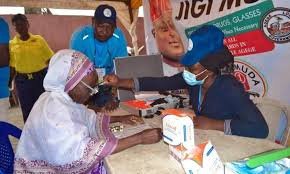
ABUJA, Nigeria – The United Nations Children’s Fund (UNICEF) has issued a strong call for Nigeria to dramatically scale up investments in child welfare, as its newly launched Nigerian Child 2025 Report reveals severe multi-layered deprivation affecting millions of children across the country.
Speaking in Abuja on Thursday during the World Children’s Day commemoration, UNICEF Nigeria Representative, Wafaa Saeed, said the findings paint a sobering picture: two out of every three Nigerian children live in multidimensional poverty, lacking access to clean water, nutrition, healthcare, education, and protection.
The report further shows that over half of all children experience violence before age 18, while two in five girls are married before adulthood.
“These statistics are sobering, but they also show that progress is possible,” Saeed said. She noted significant improvements in vaccination coverage, school enrolment, access to clean water, and social protection programmes. “Every investment in children is an investment in peace, productivity, and progress,” she added.
UN Resident Coordinator in Nigeria, Mohammed Malick Fall, described the moment as deeply personal, recalling decades spent working with families and communities across the country.
“These are not just statistics—they are reminders of children being asked to overcome challenges no child should ever face,” Fall said.
Despite the grim data, he highlighted key national gains: under-five mortality has dropped by over 40% since 1990; exclusive breastfeeding has risen from 2% to 29%; and vaccination coverage has tripled. More children now attend school, and access to clean water has improved.
Fall urged government, civil society, religious leaders, development partners and the private sector to unite, insisting that “no single actor can transform the life of a child alone.”



